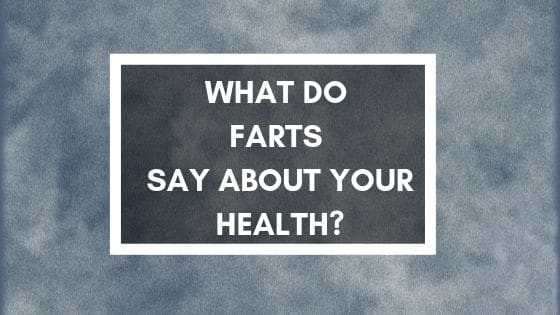FARTING remains one of the few constants throughout life; yet many would rather remain mum about this one thing we all do! We may do it but no-one ever admits it publicly!
Passing gasoline is an everyday act – we all do it, whether we admit it or not!
Do any of us fart too frequently?
Have you noticed that today, you seem much gassier than normal? Well here is what it’s important for you to remember:
What Is Farting or Flatulence? A fart (also referred to as flatulence) occurs when there is an accumulation of gasoline within our bodies that builds up inside.
Farts are composed of nitrogen, carbon dioxide, oxygen, methane and hydrogen gases; we expel these fumes when breathing or digesting our meals.
Farting can often be seen as a telltale sign of good health; an individual who’s healthy should produce 15-20 farts every day on average… Do you fart frequently??
Most farts are odorless; only about one percent produce offensive smells.
Why Can We Fart? One cause of farting can be traced back to our microbes; it is completely harmless and part of an everyday metabolic function.
Fibrous food provides your gut microbes with nourishment they require, leading to additional fermentation processes which then stimulate more farting; vegans in particular often eat beans which cause gas build-up – however this should not be considered negative; healthful farts!
There may be times when excessive farting is simply unwelcome and should be curbed in order to promote health and wellbeing.
Air can become trapped inside our bodies for various reasons and cause bloating and gas. These could include swallowing air, eating too fast, constipation or changes to microflora balance.
Whoever experiences an increase of gas may well indicate:
Are You Farting An Excessively High Amount (FAAB)?
Farting at an excessive or above normal amount shouldn’t cause alarm; but, if this habit is impairing the quality of life for yourself or those around you, consider asking:
Are My Food Choices Lethal, Gassy or Restricting My Diet Progressivitat? These questions and more could all contribute to weight problems; be on the lookout for them:
- Your Meal Is Too Fast
For many who eat too quickly, eating could mean swallowing air (made up of various gases).
Once air has entered your body, it must leave via burping or farting… thus creating burp-worthy burps or farty farts!
- Your Gut Should be Unbalanced
I want to stress the importance of farting as an indicator of good health – even for people smelling of death! And yes, that includes those embarrassing farts which smell of rotten eggs!
Sulfur-rich foods containing sulfur such as broccoli, garlic and beans often contribute to smelly gasoline emissions.
Passing gas indicates that your beneficial gut microbes are being adequately fed.
Your gut microbes have long been recognized to play an essential role in health. To feed this community of microorganisms effectively, be sure to consume foods which generate fuel…
Gut microorganisms feed off fiber to produce additional gas and short-chain fatty acids which, in turn, promote growth of more helpful microbes in our guts.
Farting can often be mistaken as an indicator of general wellbeing; in these instances it could be caused by SIBO (small intestinal bacterial overgrowth). SIBO occurs when bacteria invade your small intestine (they usually hang out in your colon instead).
SIBO sufferers typically exhibit poor nutrient absorption and symptoms related to IBS. Common indicators may also include bloating, fatigue and skin rashes.
If this is your situation, the ideal approach would be to alter your weight loss plan and enhance lifestyle habits.
- You’re Allergic to Gluten or Dairy
In many instances, lactose intolerance causes additional fuel… Remember that dairy is made for baby cows to maintain health – not us!
Even if dairy has always been part of your diet without issue, your digestive system can become compromised as time progresses.
Your body could not produce enough lactase – an enzyme required for digesting lactose present in dairy – which could explain why lactose (an ingredient present in cheese products) remains undigested.
Similar is true for people suffering from celiac illness – they will not properly digest gluten.
If you suspect one aspect of your diet could be responsible for excessive farting (or other symptoms), an elimination diet could help. Simply eliminate certain food groups such as dairy from your diet to see how this impacts how you’re feeling over time…
What has changed with your poop?
For anyone noticing that their pooping patterns have altered significantly and/or they experience diarrhea, constipation or changes to its colour or scent; this could be an indicator that something’s amiss with their digestive health.









